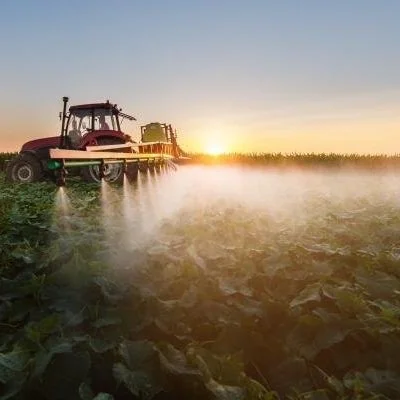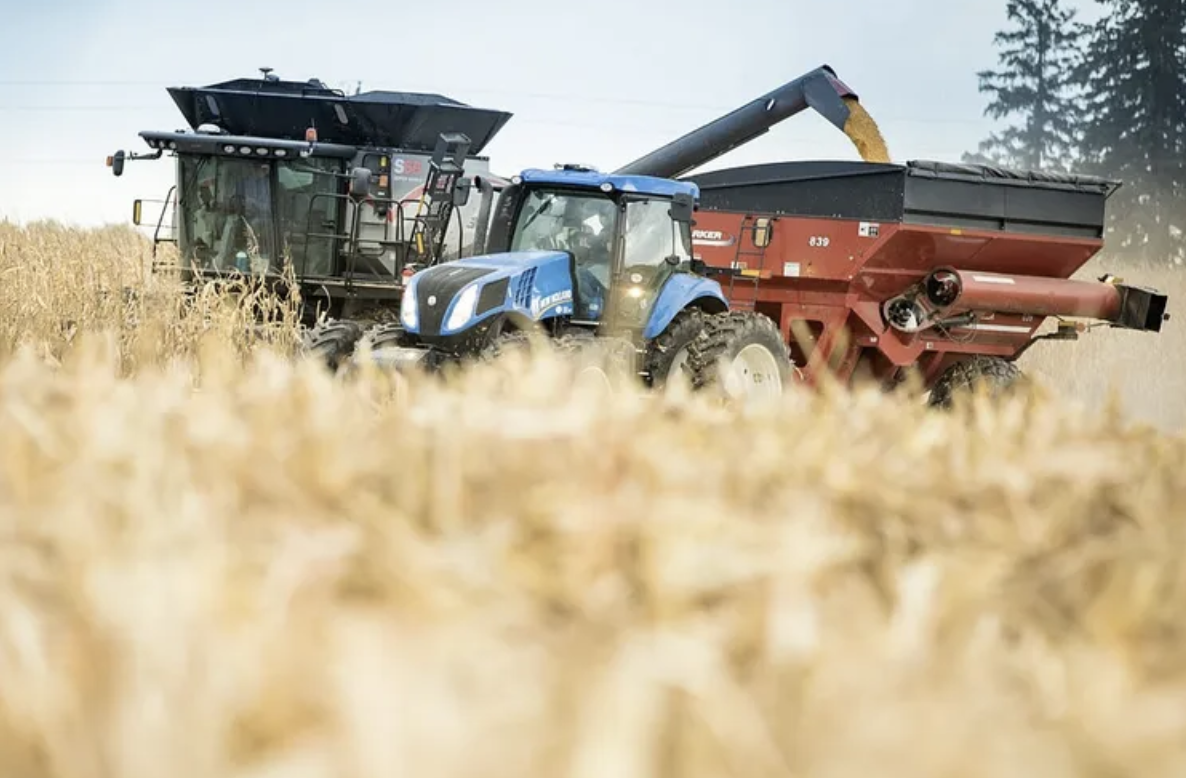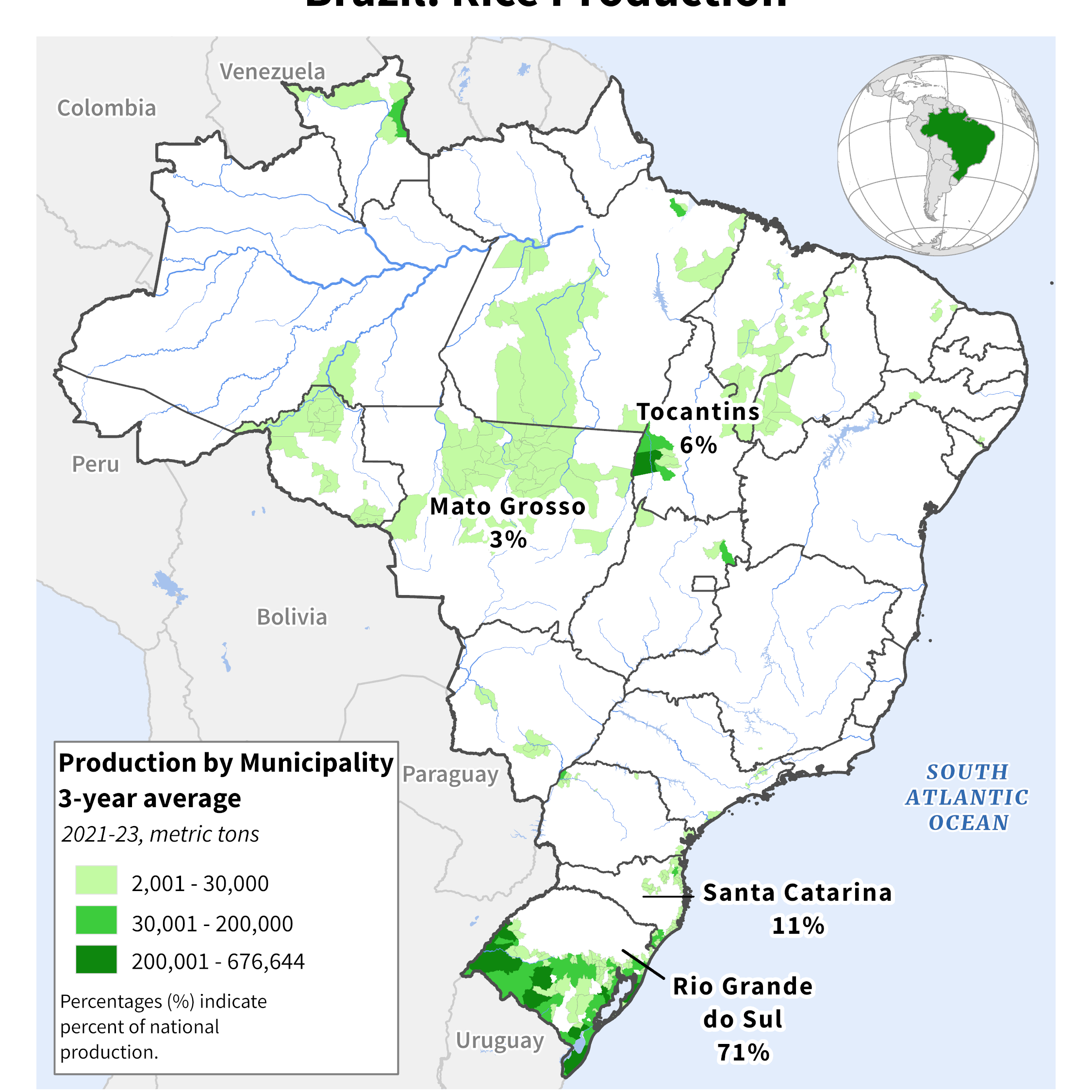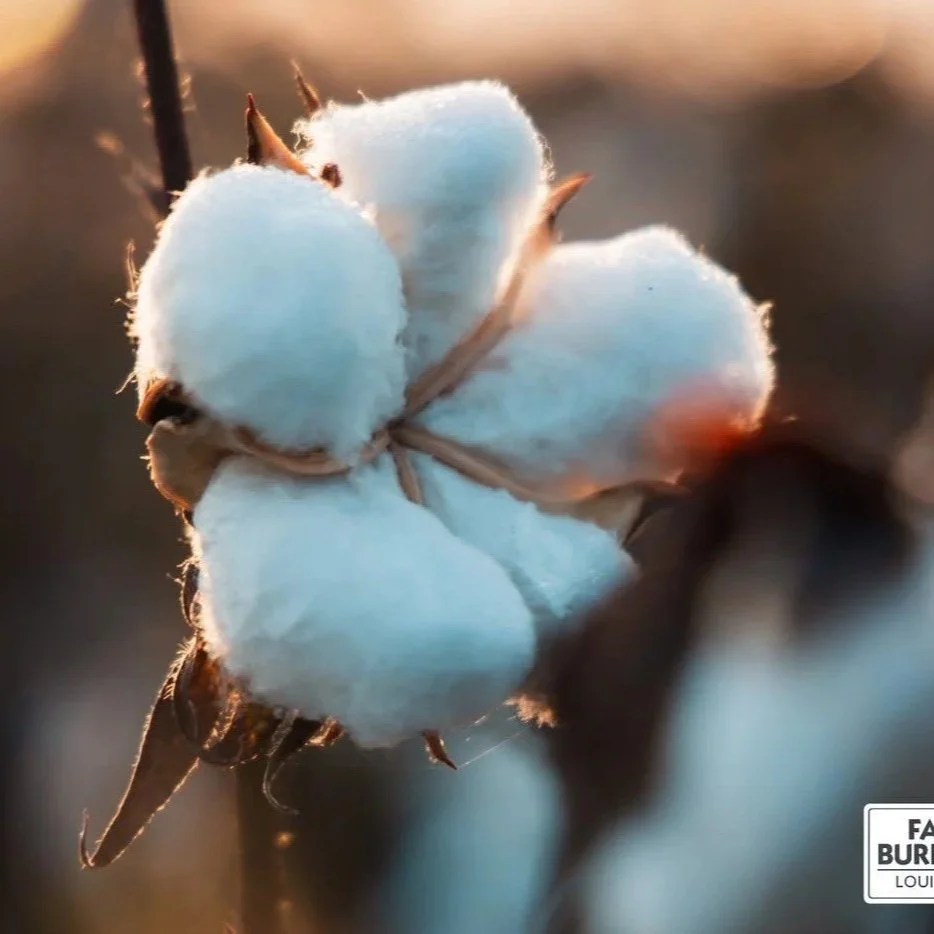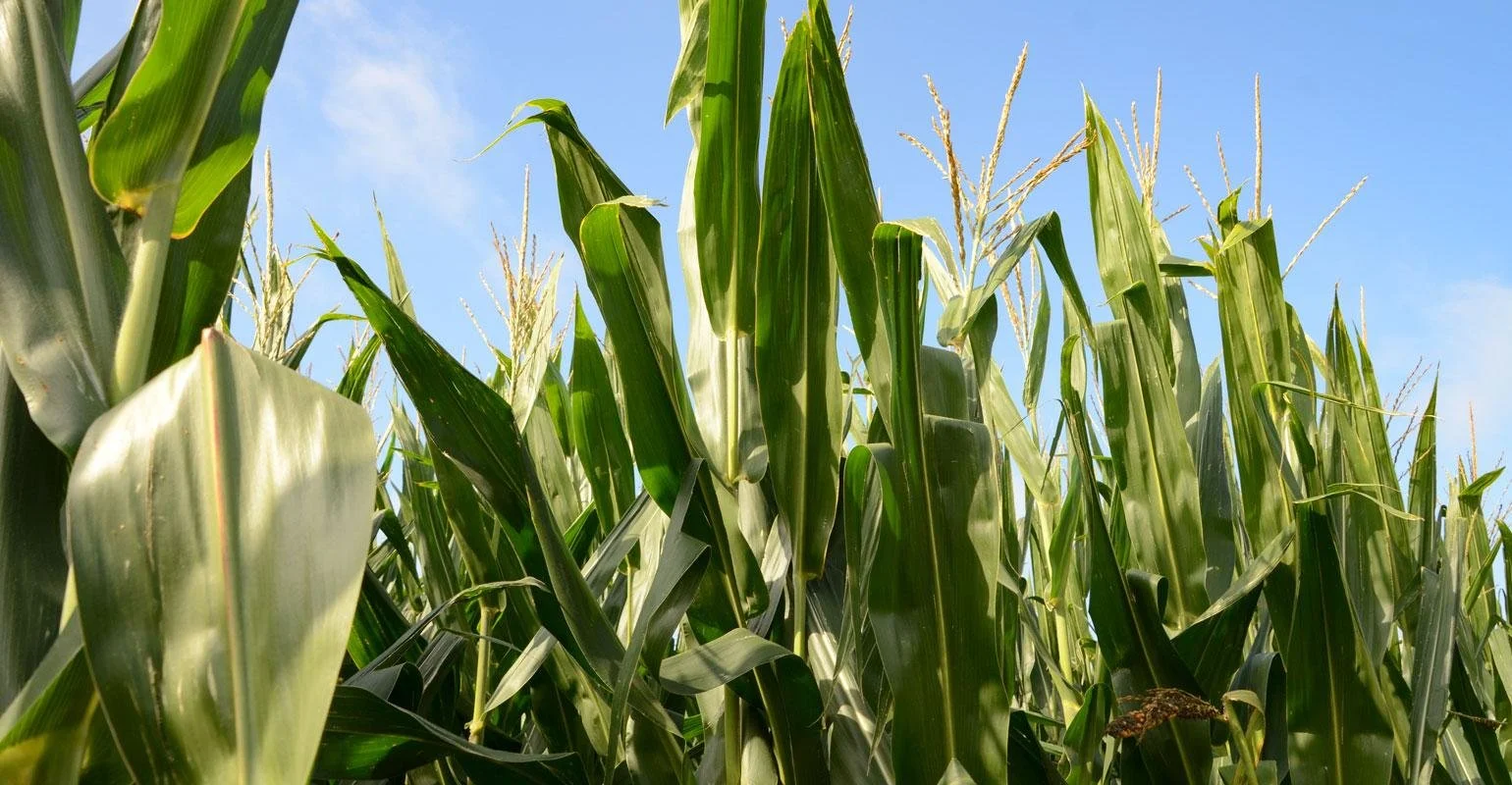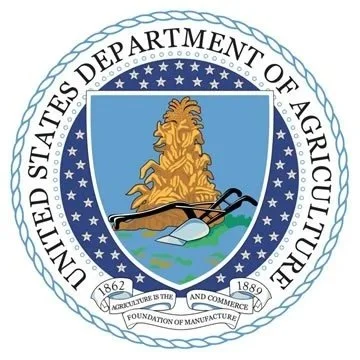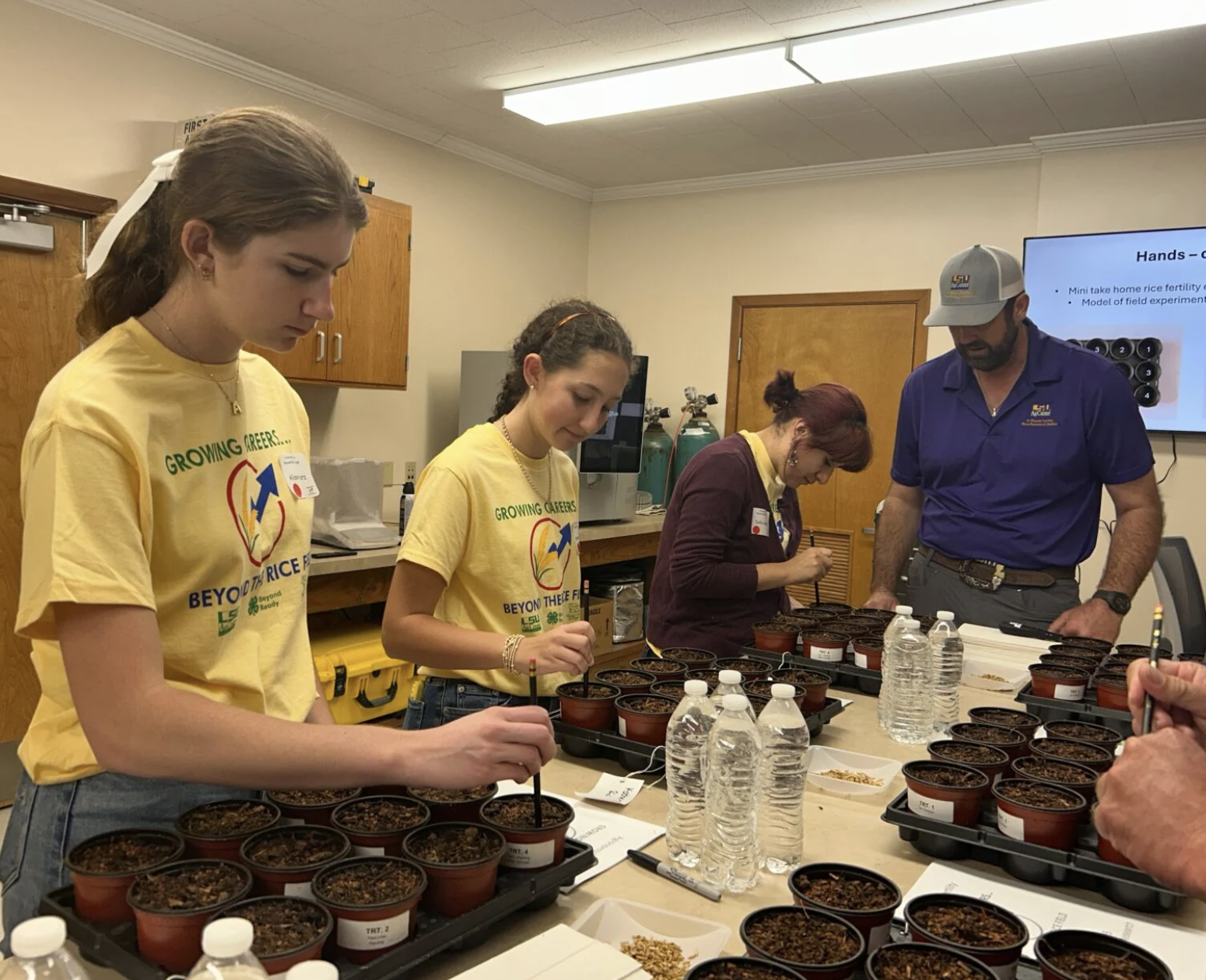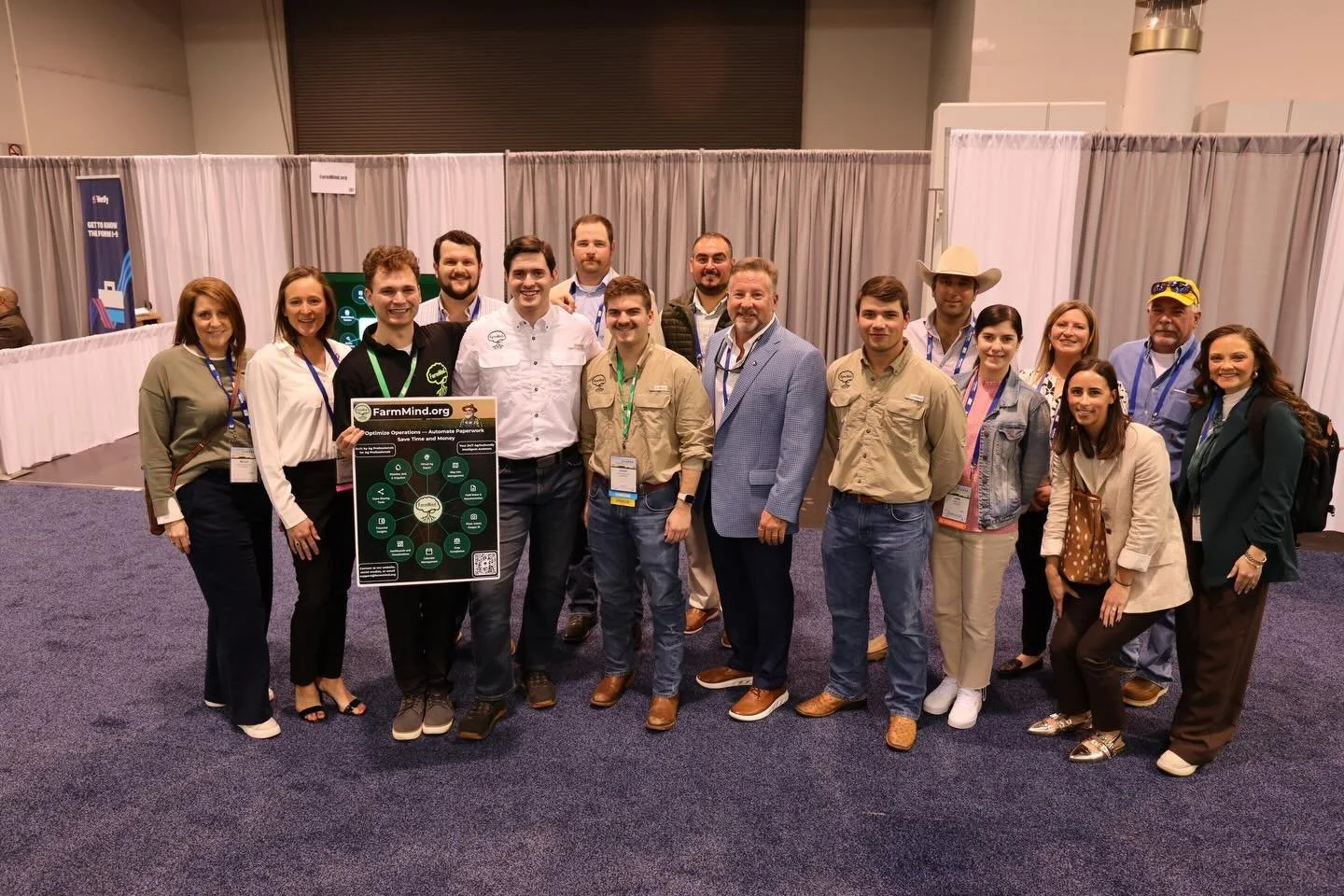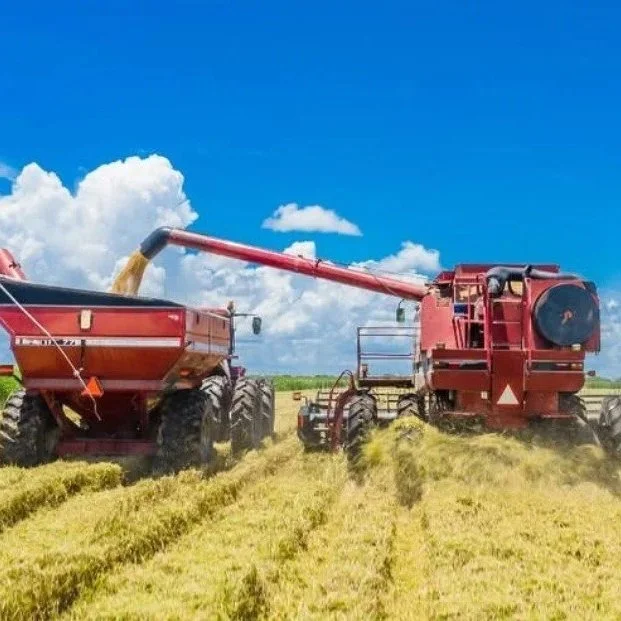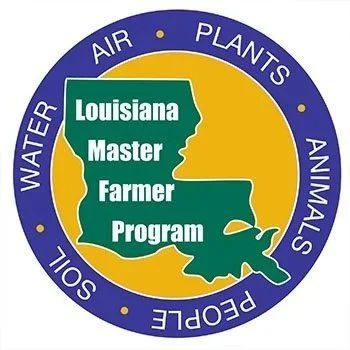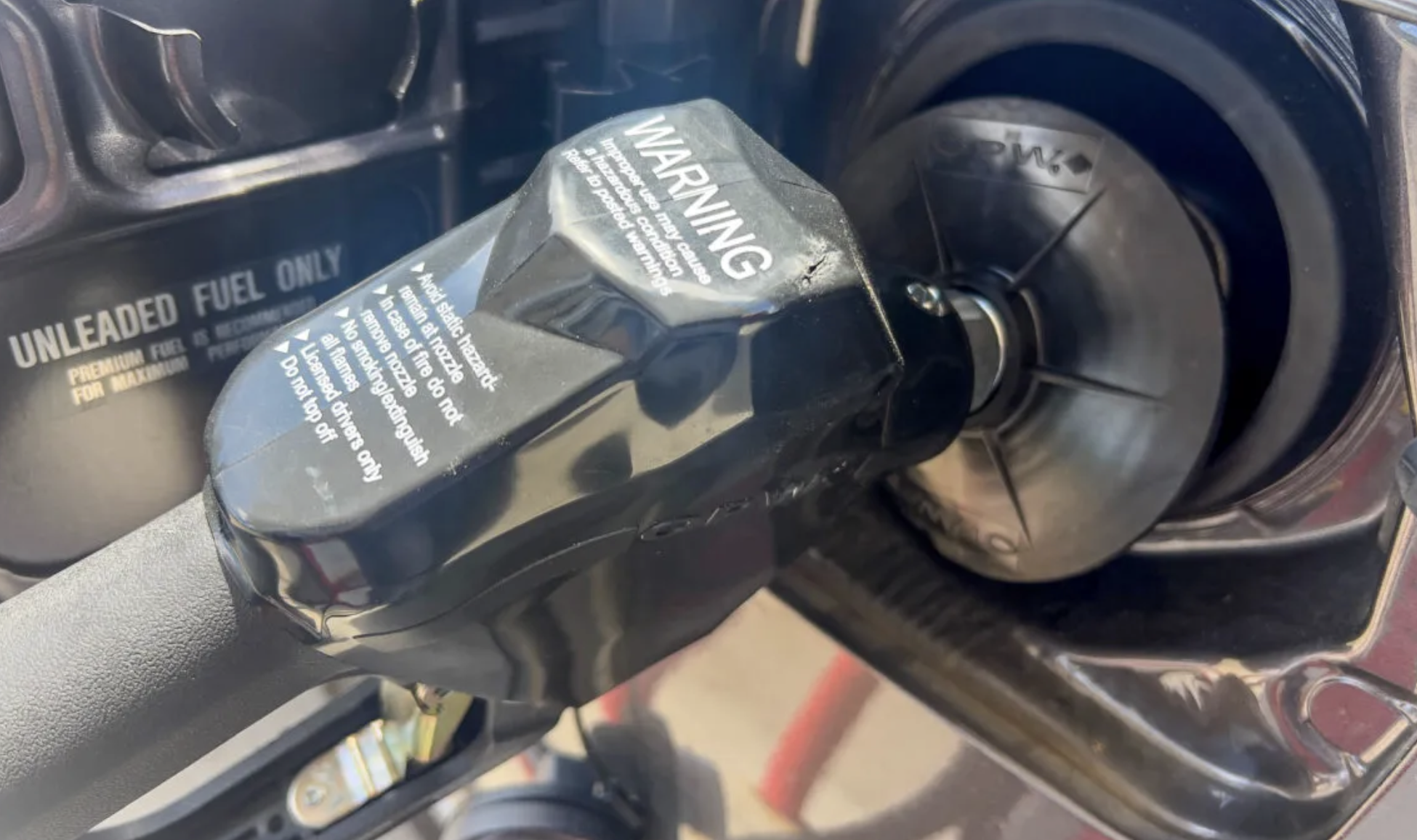The Make America Healthy Again (MAHA) movement’s crusade against pesticides is creating divisions in the Republican Party, as some members back the industry while others stand with MAHA activists.
As the MAHA movement, spearheaded by Health and Human Services Secretary Robert F. Kennedy Jr., gains power and influence within the GOP, efforts to limit liability for the pesticide industry are also growing on numerous fronts.
Nik Patel steered a series of astonishing agriculture-related scams and racked up a whopping 52-year prison sentence.
The USDA on Monday projected a record-breaking 17-billion-bushel corn supply in 2025–2026, shocking the market and “raising alarms among the nation’s corn growers,” according to the National Corn Growers Association (NCGA).
Last week, a delegation from USA Rice traveled here to meet with the Brazilian rice industry association (ABIARROZ) to discuss cooperation on shared concerns around the deterioration in global rice prices largely due to India’s policies and practices leading to oversupply.
The market settled 126 points higher on the week at 68.68 cents, basis the December 2025 ICE contract. The market pushed above 69 cents several times during the week’s trading but was unable to hold that level at the close of the week’s trading.
Livestock shows aren’t all about prize ribbons and belt buckles. For Abigayle Forrest, these events are more about the excitement in the air, the chance to meet people, the time spent with animals.
“Even if you don’t win something, you can have fun,” said Forrest, who showed goats as a 4-H’er in Tangipahoa Parish. “It doesn’t matter if you win something.”
The third annual Louisiana Agricultural Outlook Forum will be held on Thursday, January 22, 2026, from 8:00am to 2:40pm at the LSU AgCenter’s Dean Lee Research Station State Evacuation Shelter in Alexandria (address: 8125 Hwy. 71 South, Alexandria, LA 71302).
Louisiana-based startup company, FarmMind has been named the winner of The Farm Bureau Ag Innovation Challenge and will be leaving the 2026 American Farm Bureau Convention with $100,000 in startup funds.
Last week, the U.S. Department of Agriculture released the latest World Agricultural Supply and Demand Estimates, estimating that the United States will see an enormous 17-billion-bushel corn crop during the 2025-26 marketing year, raising alarms among the nation’s corn growers and triggering an immediate market reaction.
Agri-Pulse's Philip Brasher reported that "the Agriculture Department has finalized some revisions to two major farm commodity programs, including rules for adding new base acres, but signup for the programs won't be scheduled until after planting season at the earliest, according to a top USDA official."
Recognizing the vital role that four-legged friends often play on family farms and ranches, Farm Bureau launched the Farm Dog of the Year contest several years ago – now a popular feature of the American Farm Bureau Convention.
The Farm Bureau Ag Innovation Challenge, now in its 12th year, provides opportunities for Farm Bureau members to showcase business innovations being developed for agriculture. Louisiana-based FarmMind is the winner of this year’s competition. The American Farm Bureau Federation, in partnership with Farm Credit, announced the winner from among four finalists at the 2026 American Farm Bureau Convention.
The LSU AgCenter Cooperative Extension Service is now accepting applications for its 2026 Extension Internship program.
The head of the US Meat Export Federation says China’s recently announced tariffs on imports of beef are misguided. Dan Halstrom says the government is doing it to address inflationary pressures. “However, they should be looking at it from, in our opinion, let’s bolster consumer confidence in China,” he says. “Because there’s enough demand in China for all parties, Brazil, Australia, the US.”
Lanette G. Hebert, based in Rayne, serves as the southwest 4-H regional coordinator for the LSU AgCenter, bringing over 35 years of service to Louisiana’s 4-H youth development programs. Throughout her tenure, she has worked to empower youth, strengthen volunteer networks and build programs that foster leadership, citizenship and essential life skills. Hebert's passion for community and education reflects her belief that investing in young people creates a stronger, brighter future for Louisiana.
The Louisiana Farm Bureau Federation (LFBF) is applauding the Louisiana Wildlife and Fisheries Commission and the Louisiana Department of Wildlife and Fisheries (LDWF) for their intent to revise state hunting regulations to include a hunting season for black-bellied whistling ducks during the 2026–2028 seasons.
Several thousand farmer and rancher Farm Bureau members will soon gather for a much-anticipated “Farm Bureau Family Reunion” aka the American Farm Bureau Convention, slated for Jan. 9-14 in Anaheim, California.
If you will not be in Anaheim, digital access can provide a feel for the lights, sights and sounds of this inspiring annual event. Check out a digital version of the convention program here.
FarmMind, an agricultural intelligence platform rooted in Louisiana’s sugarcane country, has been selected as a Final Four competitor in the 2026 Farm Bureau Ag Innovation Challenge, a national business competition hosted by the American Farm Bureau Federation in partnership with Farm Credit.
Rice growers were the biggest beneficiaries when the US Department of Agriculture unveiled details of its $12 billion farmer aid package last week. Payments for rice are set at $132.89 per acre, more than quadruple the amount allocated for soybeans and triple the rate for corn. The only other crop with a payout over $100 an acre is cotton.
After a year that challenged nearly every long-range forecast, weather uncertainty remains a dominant theme heading into 2026. Shifting climate signals with La Niña looking to make a quick exit, evolving ocean temperatures and global production concerns are once again forcing producers and markets to stay flexible
According to USDA’s Cattle on Feed (COF) report, there were 11.7 million cattle on feed in the United States on Nov. 1. This is down about 2% from 2024 and the lowest number of cattle on feed for the month of November since 2018.
The Louisiana Master Farmer Program is celebrating a quarter century of educating agricultural producers and others involved in the industry about conservation strategies that benefit both the environment and farming operations.
The U.S. Supreme Court is expected to issue its decision on the legality of President Trump’s tariffs soon and USDA’s Under Secretary for Trade says he’s confident President Trump’s tariffs are appropriate.
Listen to the latest markets and headlines in Louisiana Agriculture on The Voice of Louisiana Agriculture Radio Network.

